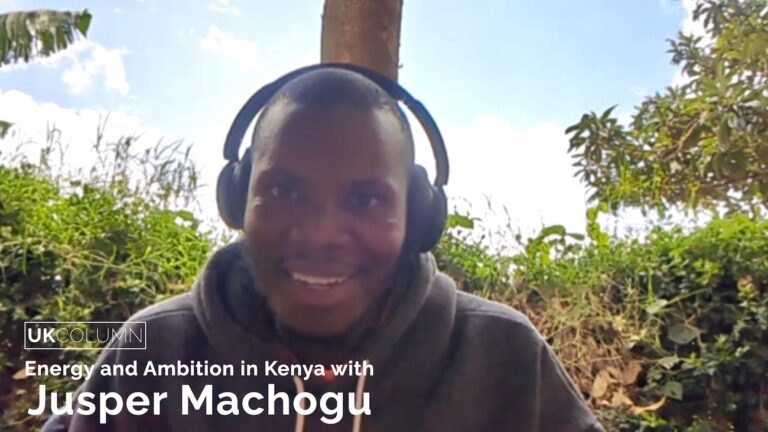Jasper Maciog (Substack | twitter) is a farmer and has a degree in agricultural engineering. KisiiSouthwest Kenya. He used to Greenpeace He was a member of Greenpeace and wanted to improve the environment, and in his exploration of the climate change issue he came across the writings and works of Greenpeace's disillusioned founder, Dr Patrick Moore (who he has previously interviewed in his UK column). The lie of invisible catastrophes and the threat of catastrophe.
He also read the work of Alex Epstein. The moral case for fossil fuelswith a definitive title Fossil fuels improve the planet and The Future of Fossil Fuels: Why Global Human Prosperity Needs More Oil, Coal, and Natural Gas, Not Less. The study led to a complete change in Maciogu's views on environmental policy.
Maciogu talks about his life, work and environment in Kenya, and how he farms and earns a living from his beloved village and land. Drawing from personal experience rarely seen in the West, he explains the benefits of mechanization and the use of fertilizers in agriculture. His conclusion is that Africa needs fossil fuels to develop, become more productive and feed its people and the world. He sees great potential if modern technology and modern energy sources were more readily available.
He then goes on to explain current energy use and consumption in Kenya and neighbouring countries more broadly, discussing other technological advances that have helped Africa, such as mobile phones and motorbikes. He explains with great clarity the limitations posed by limited energy use, and contrasts life in his village with life in Western democracies.
In Maciogu's part of Kenya, climate change is not on anyone's mind. Locals are focused on feeding their families. The UN narrative“He believes that the focus on famine, drought, the Sustainable Development Goals and climate change does not serve the interests of Africa and Africans. Similarly, he believes that the role of the UN, IMF, World Bank and WEF is not with the interests of Kenyans at heart. Rather, he sees these supranational bodies as conduits to pressure national governments to conform to climate orthodoxy.”
David Scott and Jasper Maciogu go on to discuss banking and investment in Kenya today, including the cultivation of cut flowers as a cash crop for export to Europe. Maciogu also highlights the impact of cold weather (despite being located on the equator) on both Kenya's food supply and population.
Machogu sums up his position by saying that Africa needs fossil fuels and the development, productivity and wealth they bring. He sees no benefit in increasing barriers to development in Africa, which is the only visible effect of the current climate debate.


